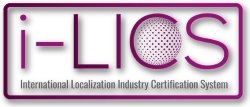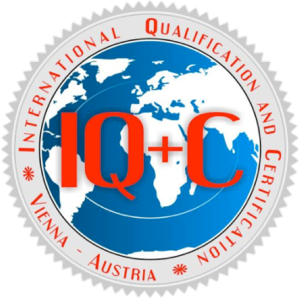
The Impact of ISO 20771 on the Translation Industry: A Focus on Legal Translation Services
Introduction
The translation industry plays a pivotal role in bridging communication gaps across diverse languages and cultures, especially in a globally interconnected marketplace. The introduction of ISO 20771, a standard specifically designed for legal translation services, marks a significant advancement in setting quality benchmarks for this niche yet crucial sector. This article explores the contributions of ISO 20771 to the translation industry at large, with a particular focus on its impact on legal translation services.
Contributions to the Translation Industry
ISO 20771 has broad implications for the translation industry, contributing to both general practices and specialized areas. Here are some of the key contributions:
Standardization of Processes
Before the adoption of ISO 20771, translation services varied widely in quality and procedure. The standard introduces a structured approach to translation that can be applied across various types of translation services, not just legal translation. By standardizing certain processes, ISO 20771 helps improve overall efficiency and consistency in the translation industry.
Enhanced Professionalism
The requirements set by ISO 20771 necessitate a higher degree of professionalism and competency. Translators working under this standard must possess specific legal and linguistic knowledge, which elevates the professional standards within the industry. This increased professionalism benefits not only legal translators but also sets a precedent that can inspire similar standards in other translation domains.
Improved Quality and Accuracy
ISO 20771 emphasizes the importance of accuracy and quality in translations, which is particularly critical in legal documents where errors can have significant consequences. The rigorous quality management procedures mandated by the standard ensure that all translations meet a high level of accuracy, thereby reducing the risk of misinterpretations and legal discrepancies.
Specific Impact on Legal Translation Services
While ISO 20771 benefits the translation industry as a whole, its impact on the legal translation sector is particularly profound:
Trust and Reliability
In legal contexts, the accuracy of translation is non-negotiable. ISO 20771 builds trust among clients by providing a guarantee of reliability and precision in translated legal documents. This is crucial for clients who rely on translated documents for legal proceedings, business contracts, and international negotiations.
Global Compliance and Interoperability
Legal documents often need to be used in different jurisdictions. ISO 20771 ensures that translated documents comply with international legal standards, making them more likely to be accepted in various legal systems. This global compliance facilitates smoother interactions and transactions across borders, which is essential for international law practices and multinational corporations.
Risk Mitigation
By adhering to the standards set forth in ISO 20771, legal translators and service providers mitigate potential risks associated with inaccuracies in legal documents. This risk mitigation is a significant benefit for clients who could face severe repercussions due to translation errors in legal contexts.
Conclusion
ISO 20771 has made substantial contributions to the translation industry by fostering standardization, enhancing professionalism, and improving the quality of translation services. In the realm of legal translation, the standard has brought about a paradigm shift towards more reliable, accurate, and globally compliant translation practices. As the industry continues to evolve, the influence of ISO 20771 is expected to expand, reinforcing the importance of high-quality legal translation services and promoting a more interconnected and legally coherent global society.

